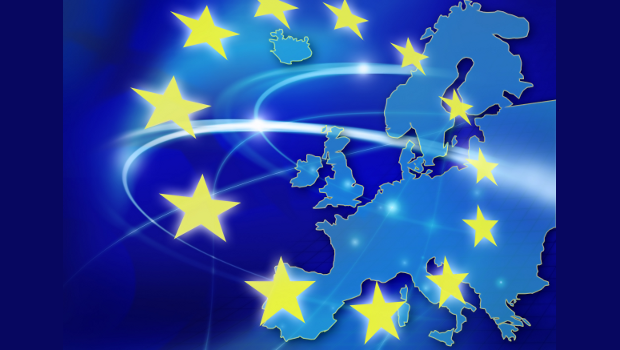For the first time the European Parliament parties are putting forward candidates for the presidency of the European Commission — a role that will become vacant in October. Up to now the heads of state of the EU countries named the Commission president, and the Parliament essentially approved without debate whoever was named.
Now however, Parliamentary groups are naming their own candidates, and demanding that the heads of state choose an EU Commission president from among these candidates. Parliamentarians insist they will vote to approve only a candidate who has been suggested by one of the Parliamentary groups.
There is no guarantee that the heads of state will nominate a candidate from the leading Parliamentary groups. Nonetheless both the EPP’s candidate, Jean-Claude Juncker, and the S&D’s candidate, Martin Schulz, expressed strong support for European data privacy principles. Both also talked tough on reaching data-sharing agreements with the US.
“I would inherently demand from the US that they accept our privacy standards,” Schulz said.
Juncker said that he wouldn’t negotiate on data privacy. “If a company has its headquarters in Silicon Valley and does business in Europe, then European rules must apply,” he said.
“Decisions taken by the new Parliament on key dossiers in the coming term, such as Europe’s data protection rules and trade secrets, will determine whether data-enabled technologies are able to deliver a much-needed boost to jobs and economic growth across every European member state,” Victoria Espinel, president, BSA
However, neither Juncker nor Schulz signed the WePromiseEU initiative. Whoever does get the top job will have a huge influence over the laws of the EU in the coming years.
Meanwhile questions are being asked about which MEPs will sit on which Parliamentary committees and how that will affect tech policy. Along with copyright reform, the new Parliament will also have to negotiate a new data protection regulation and a new telecom package, which comprises rules on roaming charges. This could prove a challenge for privacy advocates and those who support measures to ensure low roaming charges, as many member states, in particular the UK, want to water down current rules.
But industry insiders say it is too early to predict what will happen. “It is very hard to tell at this stage. I hope the new Parliament will continue to focus on data protection and the telecoms package,” said Afke Schaart, director of EU Institutional relations at Microsoft, on Monday.
Vendor lobby groups Software Alliance and BSA welcomed the incoming MEPs and highlighted the issues the new Parliamentarians will have to tackle.
“Decisions taken by the new Parliament on key dossiers in the coming term, such as Europe’s data protection rules and trade secrets, will determine whether data-enabled technologies are able to deliver a much-needed boost to jobs and economic growth across every European member state,” said BSA president Victoria Espinel.
Negotiations on committee positions are likely to start next week, but member state support for a new Commission president will certainly take more time.
Jennifer Baker, IDG News Service








Subscribers 0
Fans 0
Followers 0
Followers